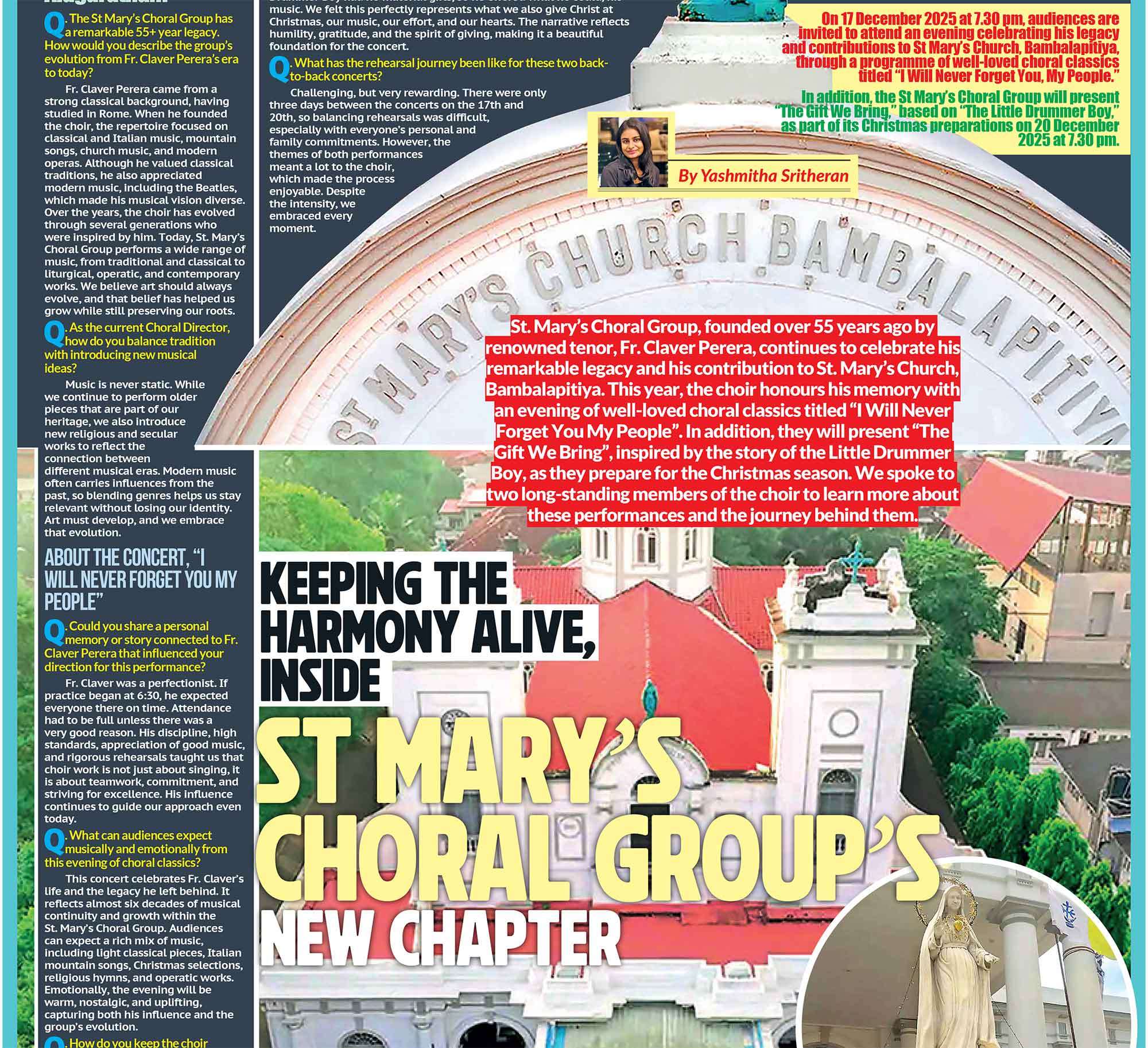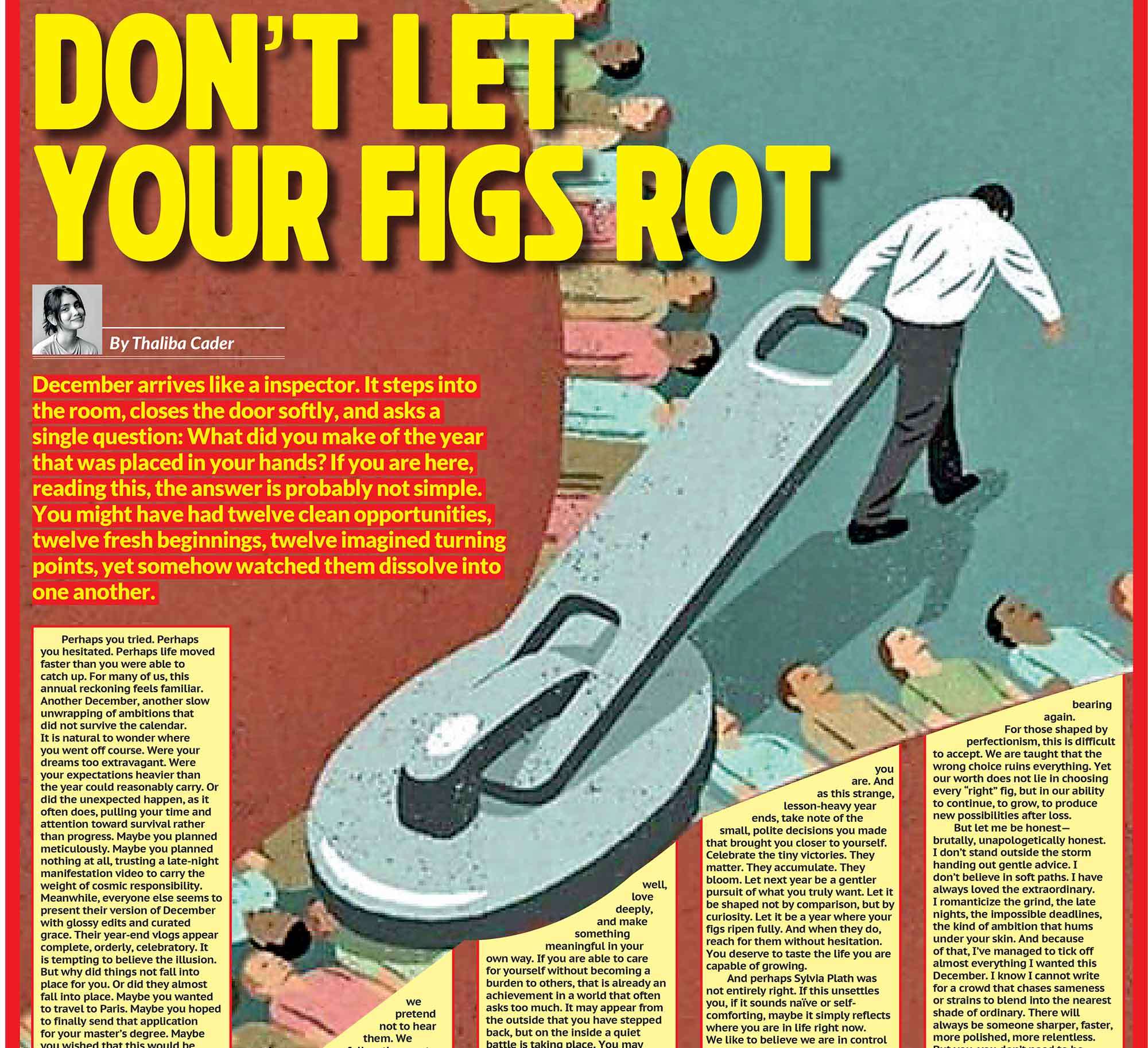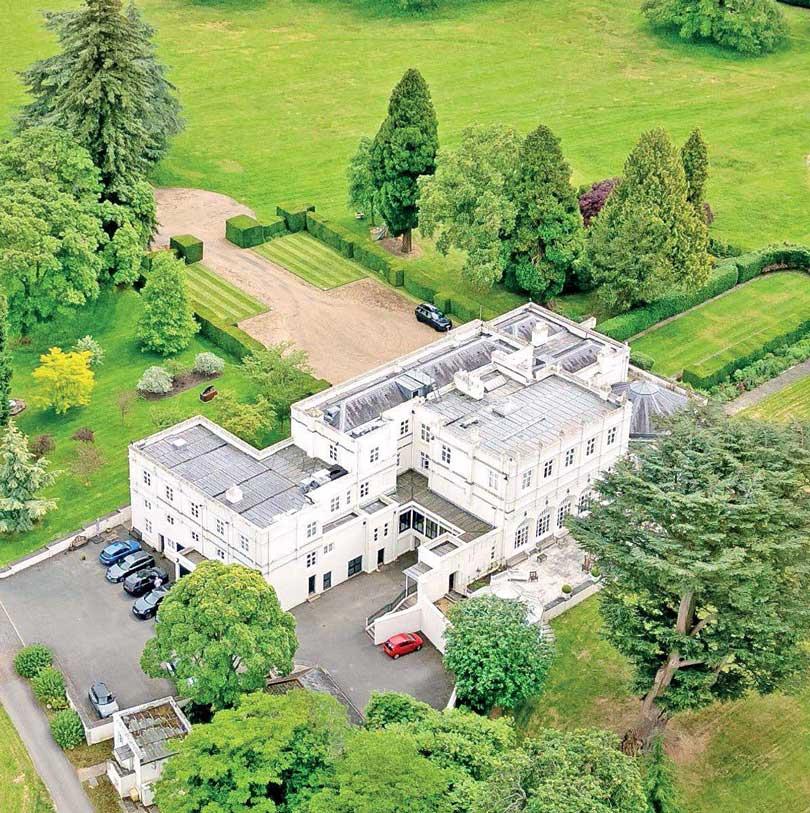
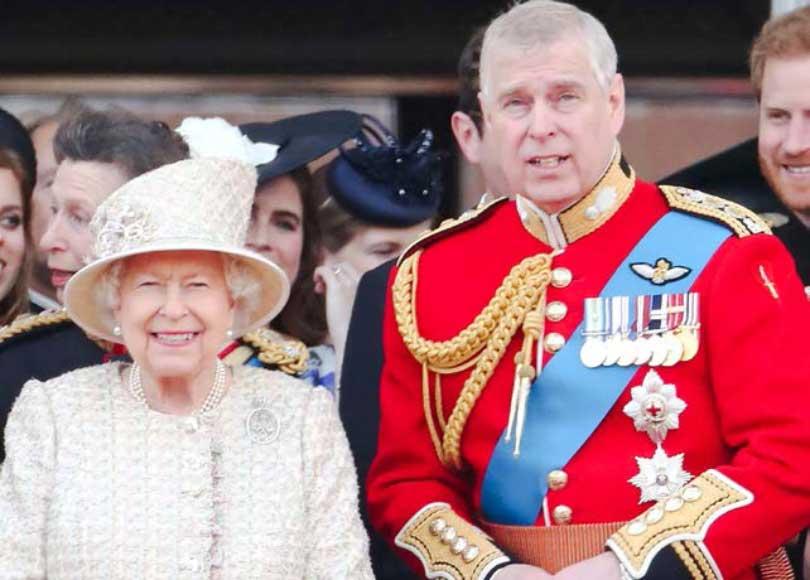
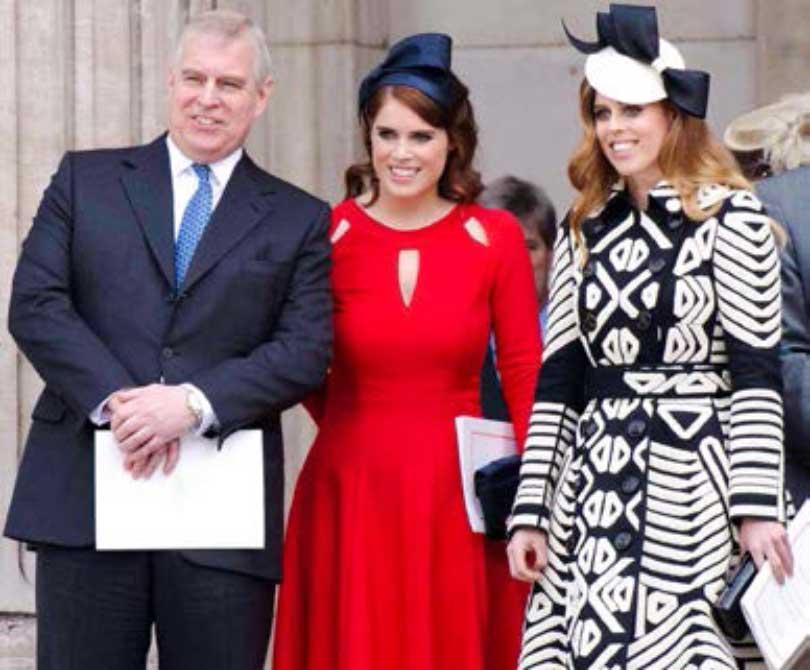
A FALL FROM GRACE
In late October 2025, a dramatic and rare move was announced when King Charles III formally initiated the removal of all the royal styles, titles and honours previously held by his younger brother Prince Andrew. According to an official statement issued by Buckingham Palace, Andrew will henceforth be known as “Andrew Mountbatten Windsor” and will no longer bear the style “His Royal Highness”, the title “Prince”, or other honours previously held. The scale of the move is extraordinary, not merely a relinquishment of some patronages or honorary titles, but the stripping of his princely styling, the Duke of York title (and its associated earldom and barony) and the removal of residence at the Royal Lodge. In earlier years, Andrew had already stepped back from public royal duties (2019), and had in January 2022 surrendered his military links and royal patronages, after mounting pressure and legal exposure. 2025 decision, however, marks a decisive severance of his formal royal role, and represents one of the most significant disciplinary actions in modern royal history. What prompted this extraordinary step? Let’s review the controversy which has shadowed Andrew for the last half-decade.
THE EPSTEIN CONNECTION AND ALLEGATIONS
The origins of the crisis stem from the prince’s relationship with the late American financier and convicted sex-offender Jeffrey Epstein. Andrew’s friendship with Epstein, and the perceptions and allegations that followed, have steadily eroded his standing. In November 2019, Andrew gave a highly publicized interview to the BBC in which he attempted to explain his association with Epstein. The broadcast was widely panned and is considered a tipping point. In January 2022, citing a U.S. civil lawsuit brought against Andrew by accuser Virginia Giuffre (which he ultimately settled out-of-court without admission of wrongdoing), the Queen removed his military and patronage roles, and he ceased representing the monarchy in a public capacity. More recently, in October 2025, excerpts from Giuffre’s posthumously published memoir heightened scrutiny again where one revelation showed an email Andrew sent to Epstein in 2011 stating “we are in this together,” which contradicted earlier public statements. Facing mounting reputational damage to both himself and the monarchy and with public opinion tilting markedly against him the formal removal of titles by King Charles can be read as a final break.
WHY THE MONARCHY ACTED NOW
The timing of this action reflects several interconnected pressures,
1. Reputation risk to the royal family: For the monarchy, whose value rests in public trust and symbolic integrity, the ongoing association of a senior royal with a long-running sex-abuse scandal posed a serious liability. As one Reuters commentary put it, Andrew “still casts a cloud over the monarchy”.
Senior members of the royal household appear to have determined that earlier interventions (such as the removal of patronages) had proved insufficient to contain the reputational damage.
2. Political and institutional pressure: Public and parliamentary sentiment had turned sharply. Local councils, among other bodies, publicly advocated for Andrew to be stripped of titles, York residents, for example, overwhelmingly supported removal of the Duke of York title. Government ministers have since affirmed that Andrew should co-operate with any US inquiries related to Epstein. The UK government’s willingness to deromanticize Andrew’s role signals institutional impatience with the status quo.
3. The trigger of new revelations\; The revelation of the 2011 email to Epstein (and other fresh documentary details) reaccentuated public outrage and arguably made inaction untenable. The October 2025 decision appears to be directly linked to that renewed scrutiny. Thus, what had previously been managed as a “step aside” for Andrew turned into a full stripping of royal roles and styles is a move the Palace evidently judged necessary to draw a clear line.
WHAT EXACTLY HAS BEEN REMOVED AND WHAT REMAINS
Under the announcement:
- Andrew will no longer use the style “His Royal Highness” or the title “Prince”.
- He has relinquished public use of the title “Duke of York”, along with its subsidiary titles “Earl of Inverness” and “Baron Killyleagh”.
- He must vacate the Royal Lodge near Windsor Castle his long-time residence and move to private accommodation.
- His banner and coat-of-arms associated with the Order of the Garter and other honours have been removed
- The UK government has initiated steps, in consultation with the King, to remove his remaining honorary military rank of Vice-Admiral in the Royal Navy.
What remains:
- Technically, the dukedom (Duke of York) cannot yet be removed without an Act of Parliament, but Andrew has agreed to cease using it.
- He remains in the line of succession to the throne (though as a non-working royal).
- Taken together, the effect is that Andrew has been significantly downgraded from a senior working royal to an ordinary member of the royal family, stripped of duties, honours and public roles. (However, the full legal removal of his peerages remains un-enacted.)
IMPLICATIONS FOR THE MONARCHY
The move to strip Prince Andrew of his titles carries major implications for the monarchy. It serves as decisive damage control, showing King Charles’s intent to protect the institution’s global reputation by distancing it from controversy. It also sets a precedent for royal accountability, demonstrating that even senior royals can lose honours if their conduct threatens the crown’s integrity.
The decision helps redefine the role of non-working royals, making clear that titles and privileges depend on public trust. Finally, it reflects deliberate legacy management, allowing the palace to close Andrew’s chapter and reaffirm the monarchy’s commitment to moving forward untainted.
WIDER CONTROVERSY AND CRITICISM
Despite the decisive action, several controversies persist. Legally, critics note that stripping Prince Andrew’s titles is a reputational step, not a form of justice since he settled the Virginia Giuffre case without admitting guilt, leaving victims without true accountability. Transparency questions also linger over how much the palace knew and whether it acted too late, suggesting the decision was more reactive than principled. Public scepticism endures, with many doubting that royals are held to the same standards as ordinary citizens. Meanwhile, his daughters, Princess Beatrice and Princess Eugenie, remain unaffected highlighting the monarchy’s effort to contain the scandal’s impact while protecting younger generations.
WHAT THIS MEANS FOR ANDREW HIMSELF
From a personal standpoint, the transformation is stark.
- Once viewed as a “working” royal: an active naval officer, international trade envoy, public figure.
- Now he moves into semi-private life, stripped of formal title and public role, subject to enhanced scrutiny and constrained by legal and reputational limitations.
- Financially and socially, the loss of status may change the nature of his access and opportunities.
- He remains at least legally a privileged figure (in line of succession, retaining certain rights), but his public profile is greatly diminished.
- For victims and survivors of abuse, the removal of title may represent symbolic vindication though it raises questions about further legal accountability.
In his own statement accompanying the announcement of voluntary relinquishment of the Duke of York title, Andrew said: “We have concluded the continued accusations about me distract from the work of His Majesty and the royal family… I stand by my decision… I vigorously deny the accusations against me.” It shows an attempt to frame the move as being for the good of the institution, but commentators say that it also illustrates his continued denial of wrongdoing and the gulf between legal liability and reputational consequence.
HISTORICAL CONTEXT
The royal family is no stranger to titles changing hands, but the scale and nature of Andrew’s case make it particularly significant.
- Historically, loss of titles was rare and typically linked to treason or abdication. The most comparable prior case being the removal of British titles from German princes during the First World War.
- The modern monarchy increasingly finds itself in the realm of public accountability, media scrutiny and institutional reform. Andrew’s fall may be seen as part of a broader shift in which titles, privileges and public roles are no longer immune to reputational risk.
THE WIDER BEACON: MONARCHY, ACCOUNTABILITY AND MODERNITY
Beyond the individual case of Andrew, the whole affair raises broader questions about the monarchy’s role in the 21st century:
Public legitimacy and transparency: As the monarchy evolves, it faces demands for transparency, fairness and effectiveness. When a senior member appears to be at odds with those expectations, institutional responses become necessary not just for one figure but for systemic legitimacy.
The nature of privilege: The case highlights the intersection of privilege, power and accountability. The mechanisms by which royals are held to account whether via titles, patronages or public roles are increasingly subject to public expectation of responsibility.
Reputational risk management: For any long-running institution, how crises are managed defines its future. The removal of Andrew’s titles can be read in part as a reputational firewall, a way for the monarchy to protect its longer-term viability by isolating a source of risk.
Symbolic consequences: Titles and honours are more than ceremonial. They are markers of status, trust and public service. When they are removed, it sends a symbolic message: the holder has lost those attributes in the eyes of the institution and the public.
CONCLUSION: A WATERSHED MOMENT
The stripping of Prince Andrew’s titles and royal roles marks a historic turning point for the British monarchy. It reflects the royal family’s resolve to protect its integrity and public trust, while signaling Andrew’s complete fall from official status and privilege. For him, it represents a personal and public downfall, for the monarchy, an act of institutional self-preservation. The episode underscores that in today’s era of scrutiny and accountability, even senior royals are not immune to consequences and a defining moment in the monarchy’s adaptation to modern expectations.









